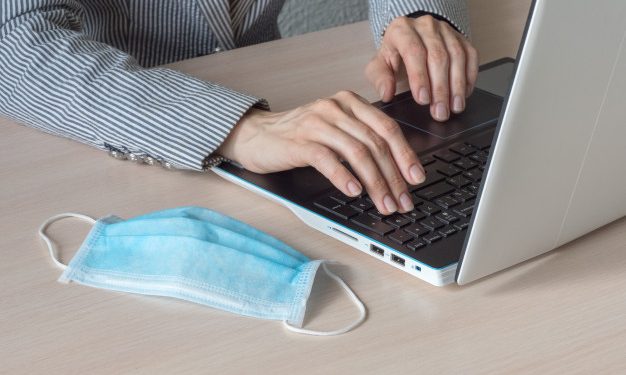However, Industry is Showing Improved Performance During the COVID Pandemic
New Entrant USAA Lands the First Place Position in Financial Services
NEW YORK — April 6, 2021 — The financial services industry ranks ninth out of the 10 industries studied in MBLM’s Brand Intimacy COVID Study, which analyzes brands based on emotional connections during the pandemic. However, the industry is showing improved performance during COVID. New entrant USAA lands the first place position in the industry, followed by PayPal and Bank of America, which rank second and third, respectively. Brand Intimacy is the emotional science behind the bonds we form with the brands we use and love.
The remaining brands in the top 10 for the industry are: American Express, TD Bank, Chase, Mastercard, Wells Fargo, Visa and CapitalOne. Additionally, according to the study, intimate brands continue to significantly outperform the leading brands in the Fortune 500 and S&P 500 indices across revenue growth, profit growth and stock price.
While the industry is among the lowest ranked industries, it is notable that financial services brands have improved their percentage of customers in some form of intimate relationship by 24 percent since the previous study. Additionally, the percent of customers in sharing, the earliest stage of Brand Intimacy, increased by 41 percent, suggesting more users formed an emotional connection.
Many financial services brands have also focused on helping consumers during the pandemic. Number one brand USAA is offering auto and property insurance assistance, payment assistant programs, and life and health insurance support, among others.[1] The company has also donated more than $47 million to help military families and local communities impacted by the pandemic.[2] In December 2020, PayPal announced an additional $5 million grant program for black-owned businesses, extending its previous $530 million commitment to support businesses during the pandemic.[3] Bank of America announced a $100 million commitment to offer food and medical supply assistance to local communities in April 2020.[4]
“With the pandemic causing financial hardships for a large portion of Americans, many financial services brands have tried to provide important relief services during the past year. We think these brands have the opportunity to leverage the stronger bonds that they have built with consumers and focus on further increasing their emotional connections,” notes Mario Natarelli, managing partner, MBLM.
Additional significant financial services industry findings include:
- The industry has an average Brand Intimacy Quotient of 27.9, below the cross-industry average of 38.1
- However, the industry average is up 15 percent compared to MBLM’s previous study
- Bank of America is the top brand for men, replacing PayPal, while women prefer USAA
- Consumer preference for Bank of America has increased, while preference for Visa, CapitalOne and Citi has decreased
- Daily usage increased by 19 percent, indicating that more Americans have been dealing with financial services brands more frequently during the pandemic
In addition, MBLM released an article analyzing the industry, entitled, “Who’s Paying It Forward? The evolving role of financial services brands during the pandemic.” The piece provides an overview of the financial services industry findings of the study. It also includes a language analysis of five brands, looking at how they themselves have behaved and communicated during the pandemic.
To view the financial services industry findings, please click here and to download the industry report, please click here. Additionally, MBLM offers Custom Dashboards providing extensive data for brands included in its Brand Intimacy COVID Study. To download the main Brand Intimacy COVID Study report or explore the Rankings, click here.
[1] USAA’s Webpage: Coronavirus Financial Assistance
[2] USAA’s Webpage: USAA’s Coronavirus Response: Supporting Our Communities
[3] PayPal’s Press Release: PayPal Announces $530 Million Commitment to Support Black Businesses, Strengthen Minority Communities and Fight Economic Inequality
[4] Bank of America’s Webpage: Meeting the needs of local communities impacted by this health and humanitarian crisis











